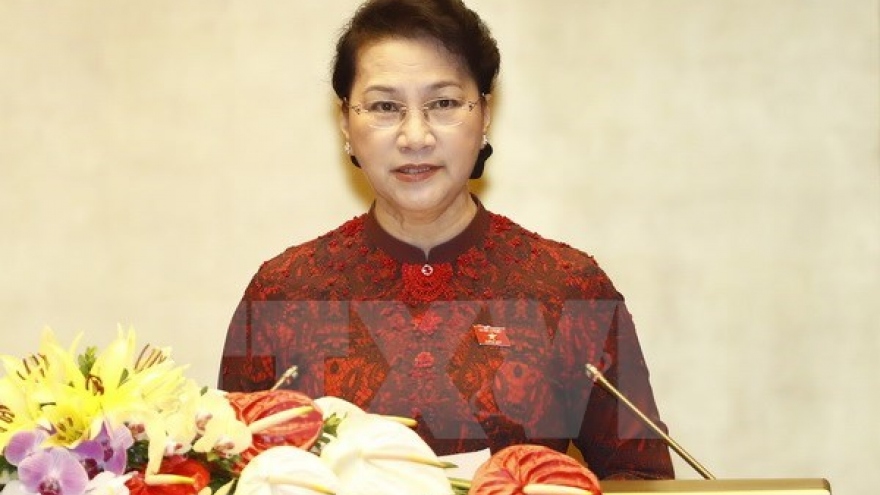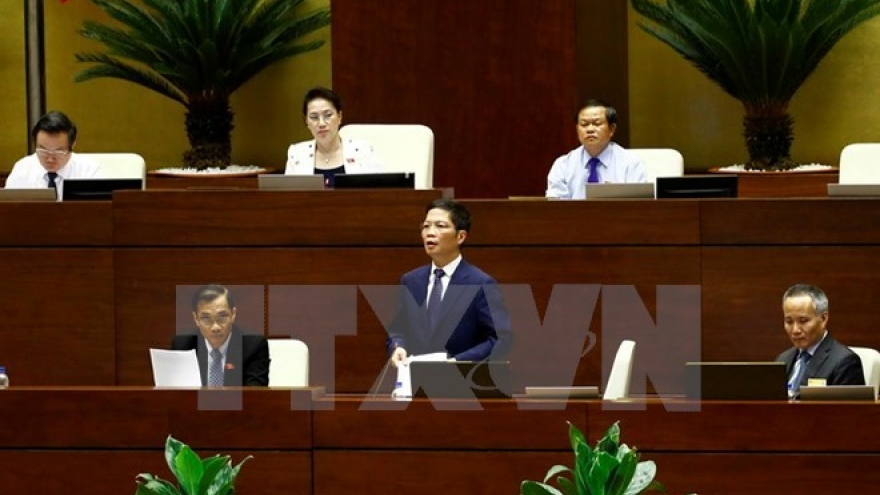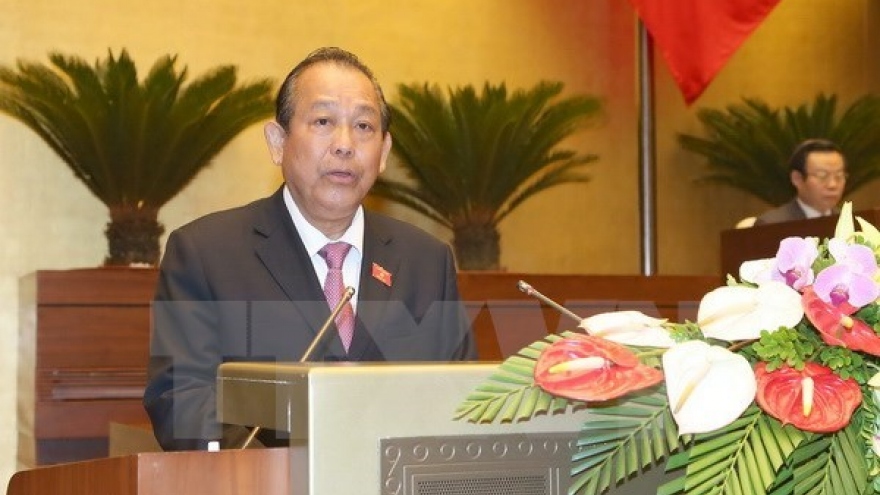Pig overproduction problem heats up parliament’s Q&A session
Pig overproduction was a hot topic that many National Assembly (NA) deputies asked Minister of Agriculture and Rural Development Nguyen Xuan Cuong about on June 13 morning.
 |
| Minister of Agriculture and Rural Development Nguyen Xuan Cuong |
Minister Cuong attributed the situation to the rapid growth in meat production, especially in pig farming, over the past years. While the good control of animal diseases has contributed to the oversupply of food in a certain point of time, consumers’ diverse food options have substantially reduced the demand for pork.
The connectivity between production and processing steps remains weak, he said, adding that there are few businesses with a complete chain of breeding, farming, slaughtering and distribution.
More than 90 percent of pork is still sold through traditional channels. Meanwhile, Vietnam has exported pork, mainly of suckling pigs, to just three countries. It has also just shipped pork to China, a big neighbouring market, via small cross-border trade activities.
He said among the three steps of production, processing and seeking markets, the country has just done a good job of production, leading to the recent excessive pork supply and falling prices.
However, deputy Nguyen Thanh Hong of Binh Duong province said the minister’s answer was not persuasive and it did not mention the state management in this field.
Giving more details about this issue, Minister of Industry and Trade Tran Tuan Anh said it is important to base on the domestic and foreign markets’ demand to make development plans.
The animal farming sector has recorded fast growth, but the expansion of markets hasn’t been truly effective, he said, noting that much room remains for Vietnam to export pork but the product hasn’t satisfied importing countries’ requirements.
Anh pointed out that Vietnam’s pork can compete with that of regional producers like China, the Philippines and Malaysia. But as there are 10.6 million small and separate farming households, it makes Vietnamese pork prices higher than those imported from the US and other countries.
He said coordination among ministries, sectors and localities needs to be reviewed to make better plans on animal farming. State agencies must devise plans that align production with the market demand and ensure that products will overcome technical barriers.
At the Q&A session, deputies also grilled Minister Cuong about counterfeit and inferior quality fertilisers and the state management in this area.




